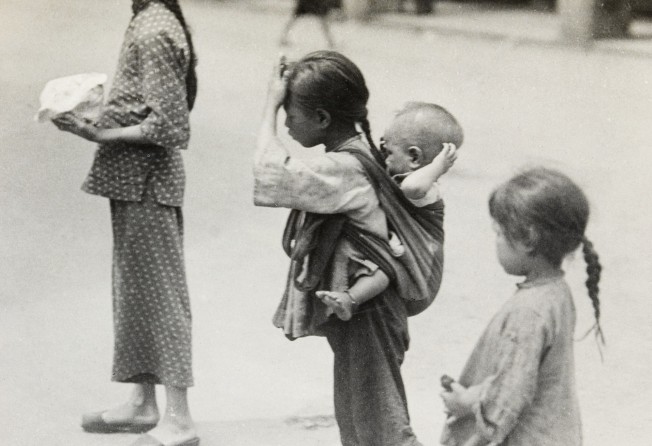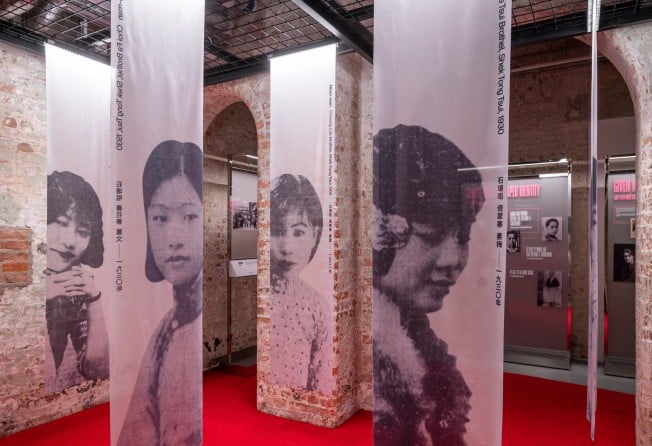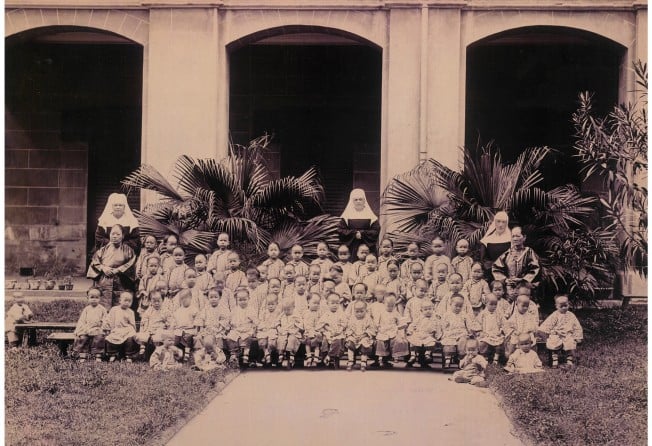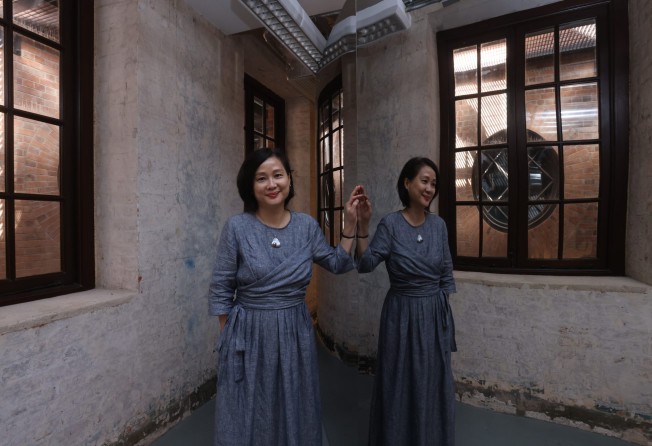
‘At night we heard women prisoners wailing’: exhibition explores Hong Kong history from a female perspective
- ‘Gender & Space’ tells stories about Hong Kong’s first century as a British colony through the eyes and experiences of various women
- The subjects of the show at Tai Kwun have been chosen because they relate to the heritage site’s former occupants – law courts, a police station and prison

“Gender & Space”, an exhibition at Tai Kwun in Central on Hong Kong Island, is impressive. But like many reflections on 19th century women, its message is pretty depressing: their roles were mostly confined to the kitchen – or the bedroom.
On show until January 15, the exhibition – mostly photos and architectural drawings – explores the experiences of several women in Hong Kong society from 1841 to 1941.
Most stories relate to Tai Kwun itself, a heritage site comprising a former prison, police station and court that embodied power and masculinity.
It looks at the first case heard in the city’s Supreme Court, in 1844, when a married couple – Laong-awa and his wife, Laong Kwok-shi – abducted two young boatwomen in Hong Kong with the intention to sell them into prostitution across the border in Guangzhou for HK$90 each. Both were sentenced to 18 months in prison.

The most moving stories are those involving mui tsai (“little sister” in Cantonese) and the system by which poor girls were sold as servants to wealthy families. Many ended up as prostitutes in brothels, forced to dine and dance with their opium-smoking guests for more than 12 hours a day.
Stories from the perspective of expatriate women living on the prison grounds are also told. “We could see Chinese prisoners exercising in the courtyard. At night we sometimes heard women prisoners wailing and were told they were in straitjackets.
“Occasionally Daddy took us with him when he inspected the cells,” wrote Phoebe May.
May was the second daughter of Sir Henry May, the then superintendent of the police and Victoria Prison. She lived at the Central Police Station for four years, from 1897 to 1901.
The women who moved to Hong Kong from the Pearl River Delta to work as amahs – domestic helpers – following the demise of the silk industry in the 1930s are also featured.

Adding interest to the space are mirrored walls that invite visitors to reflect on their gender roles and identities.
“‘Gender & Space’ is a safe and reflective space for engaging in meaningful discussion on gender and social equity,” says Dr Anita Chung, head of heritage of Tai Kwun and curator of the exhibition.
The exhibition, she says, seeks to better understand history from multiple perspectives, acknowledging not only the different forms of inequality, but also their underlying causes.

“It is crucial to examine the structures in place and the interlocking systems of power that determine who is free or unfree, powerful or powerless, and dominant or subordinate.”
“Gender & Space [shows] why we must challenge discriminatory practices and address the needs and aspirations of all members of society”, she says.
“Gender & Space” is at Tai Kwun, Block 01 Duplex Studio, 10 Hollywood Road, Central. For more information, visit taikwun.hk.